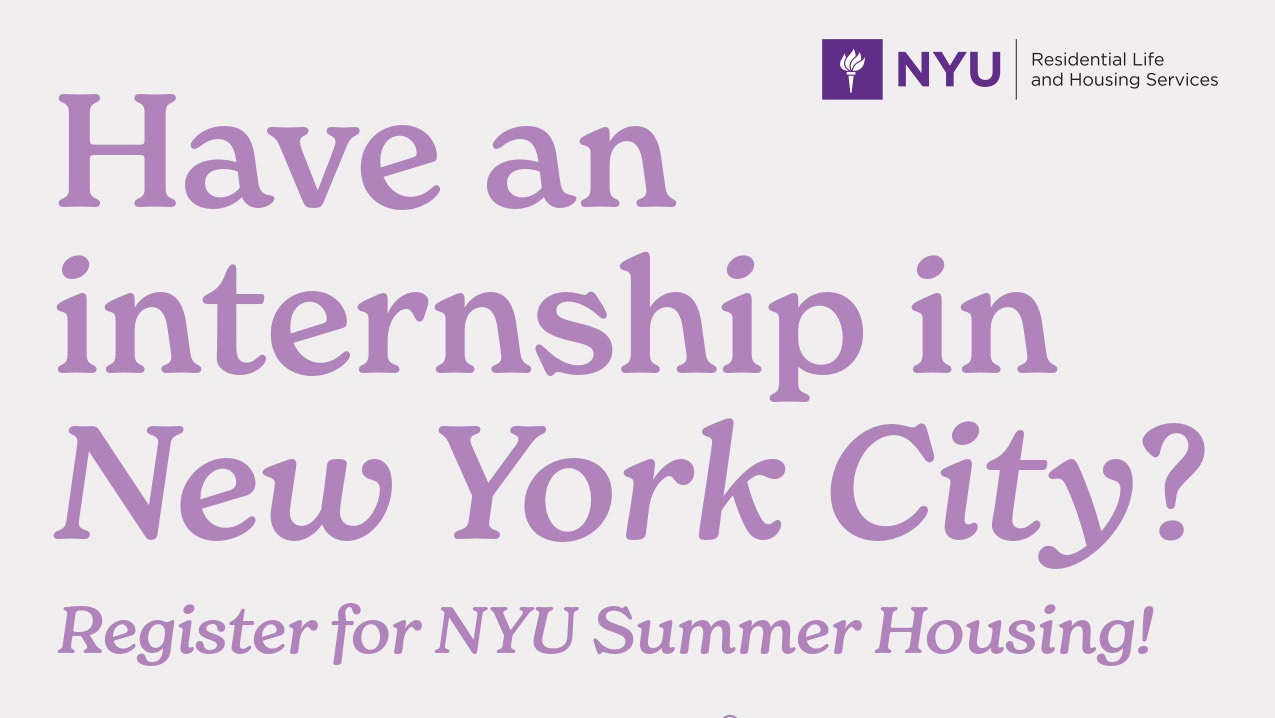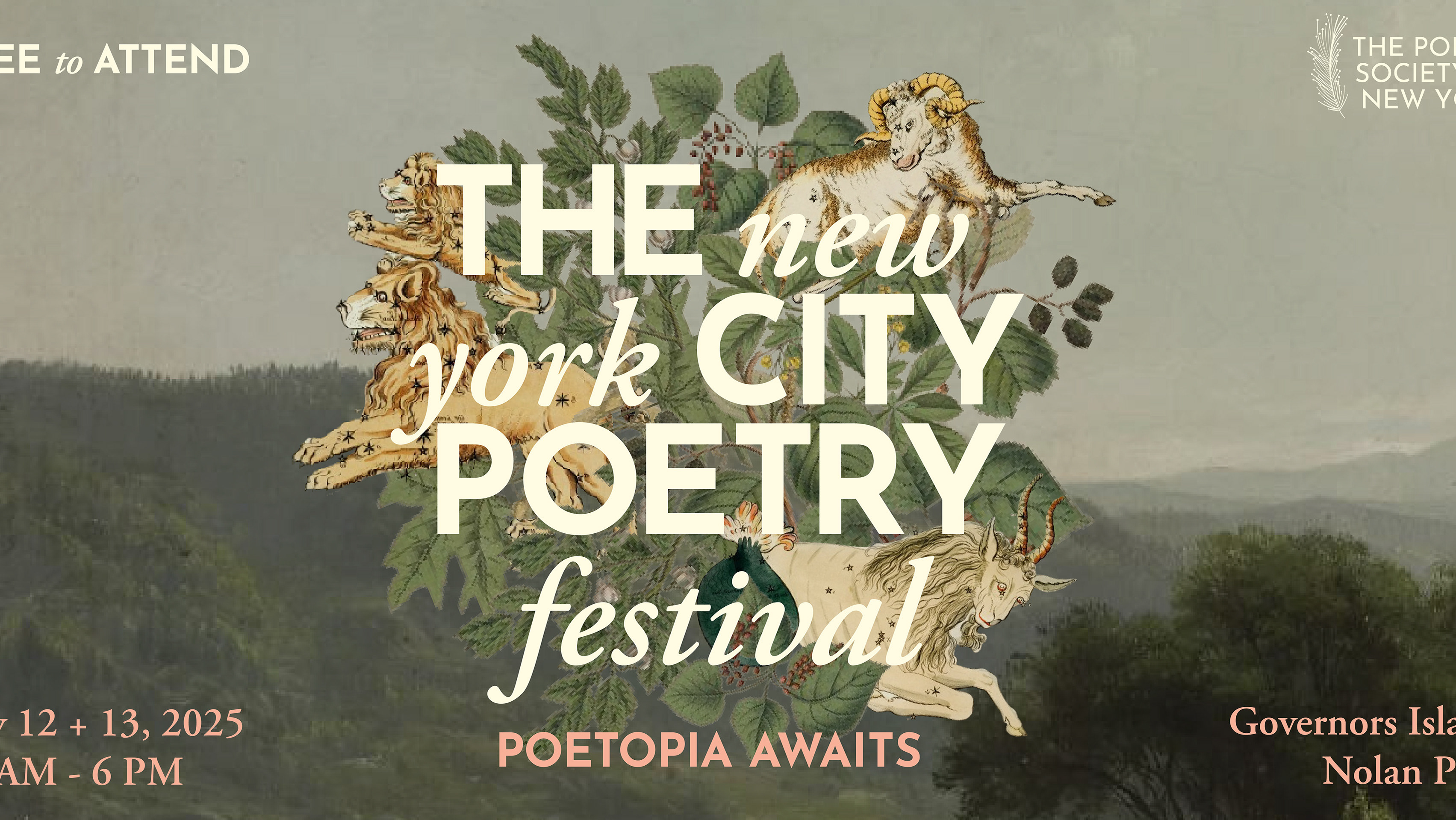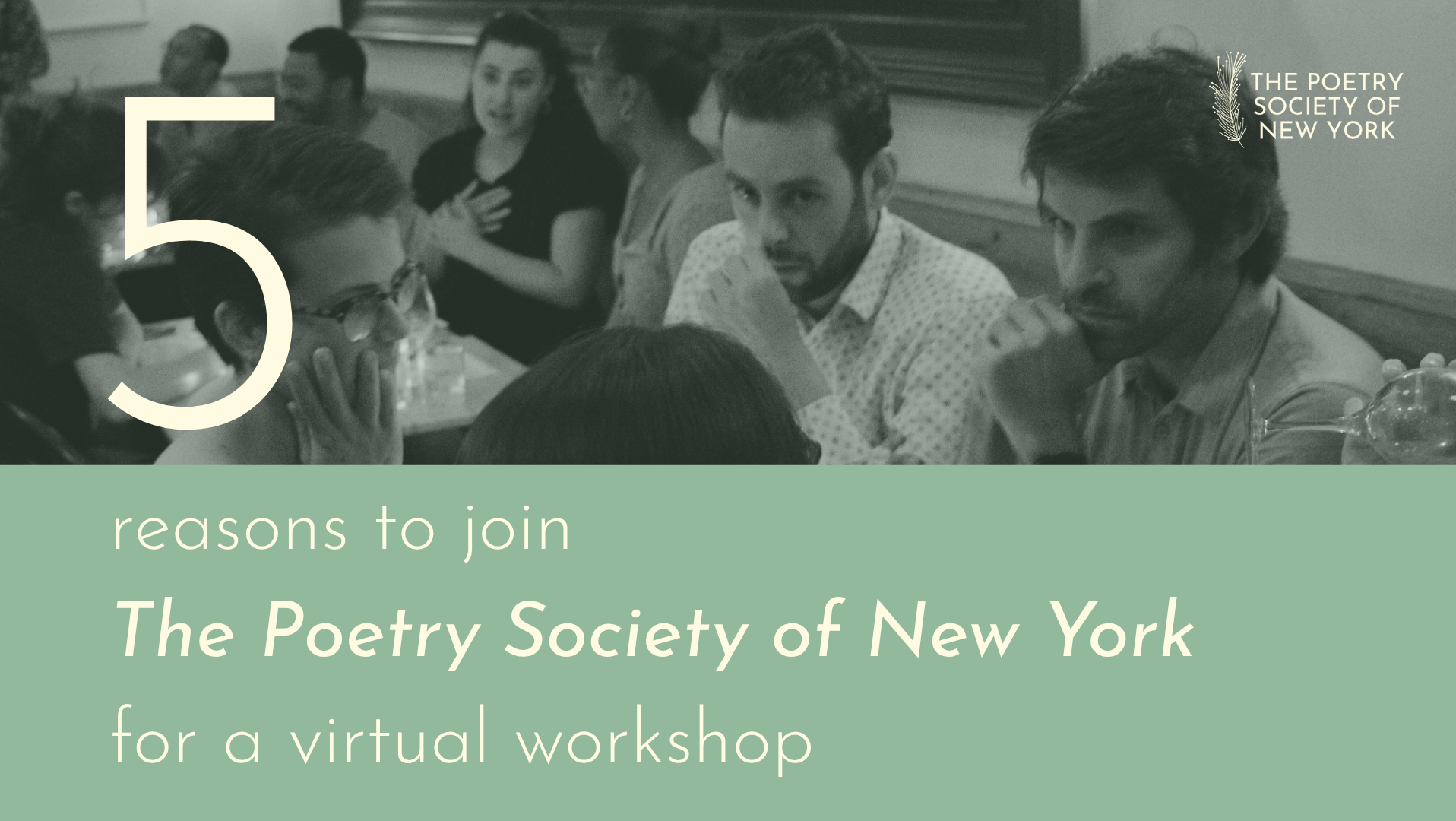About the Project:
Epilogue is a literature-centered social media platform designed to foster meaningful conversions within a community of readers. The app enables users to log their reading progress through customizable posts, such as notes, quotes, and images. By integrating social interaction with personal literary expression, Epilogue seeks to bridge the gap between individualized reading and shared experiences. This app aims to create a space where readers can connect with literature, alone or with others.
Problem Statement:
Book lovers are often lacking a meaningful way to document or share their literary experiences with themselves or others. Existing book platforms focus on cataloging books, tracking progress, or reviewing literature but don’t always offer a space for deep engagement. How can we design a literature-centered platform that fosters social interaction and community-driven discussions, allowing users to share, review, and connect over their reading experiences?
Possible Solution:
Readers need a dedicated space to share their thoughts, engage in discussions, and document their reading journeys in a way that feels personal yet maintains social aspects. Epilogue was created to address this gap by combining customizable reading logs with an interactive community environment.
Research:
Competitive Analysis:
To understand the existing landscape, I analyzed literature-focused apps like Goodreads, StoryGraph, and Bookly. While these platforms excel at tracking books and providing recommendations, they often fall short in fostering community engagement. Some identified gaps included:
- Limited options for personal expression, such as adding images or detailed notes
- Discussion features that are overly broad or underutilized
- Lack of tools to seamlessly combine personal reading logs with interactive sharing
Community Observations:
Additionally, I examined thriving literary communities such as Bookstagram, BookTok, and BookTube. These communities are vibrant hubs for readers, offering insights into how users engage with books. Key takeaways included:
- Extreme popularity of visually engaging content such as aesthetic book photography
- Preference for personal recommendations and discussions
- The desire for niche communities often within author or genre spaces
User Interviews:
To complement competitive analysis and community observations, I interviewed a small group of readers to explore what features they would want in a literature-centered app. Key questions included:
- How do you currently engage with books and reading online?
- What features would make a literature centered app engaging for you?
- What tools or features would help you better track or share your reading journey and experiences?
- What would motivate you to join discussions about books?
From these interviews, I uncovered some common themes:
- Desire for visual and customizable ways to document reading (including images)
- Frustration with cluttered and outdated interfaces on current platforms
- Enthusiasm for meaningful discussion
Design Process:
Ideation and Wireframing:
Based on research findings, I brainstormed features that would address user needs while differentiating Epilogue from competitors. Key ideas included:
- Customizable reading logs: allowing users to post notes, quotes, and images, making their reading logs feel personal and expressive
- Community discussions: providing a dedicated space for group discussions
- Engaging UI: a clean and intuitive design focused on ease of navigation and user interaction
Initial wireframes were created to map out user flows and feature placement.
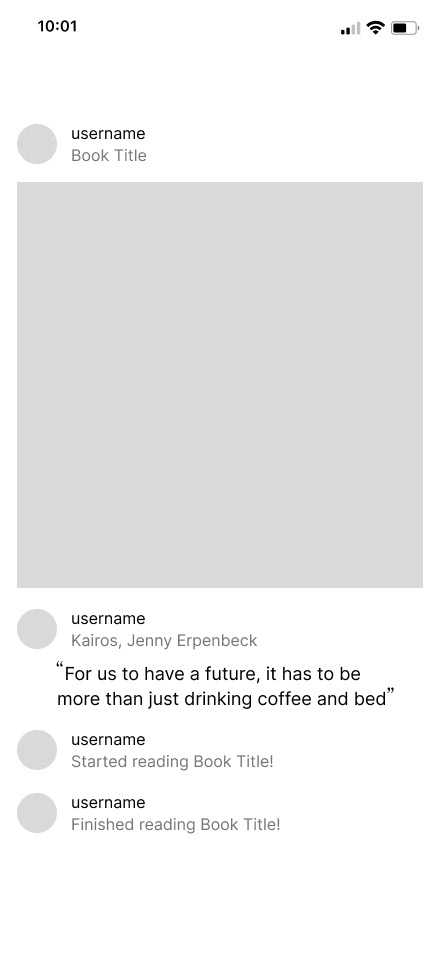
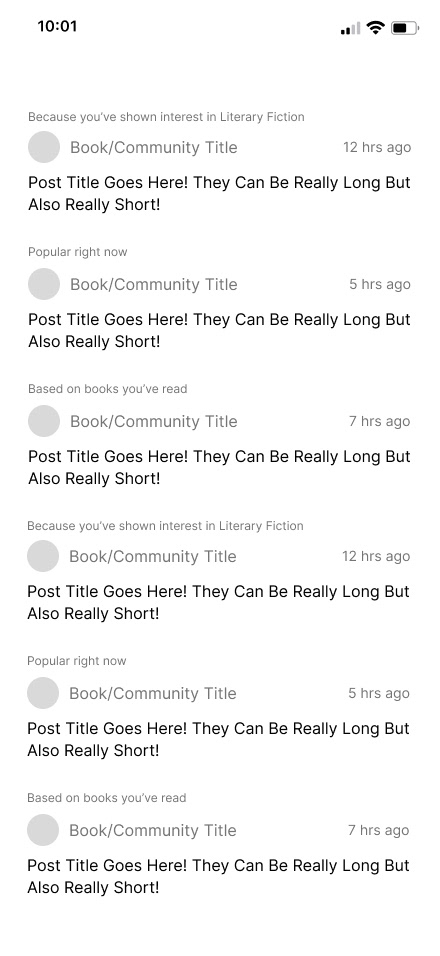
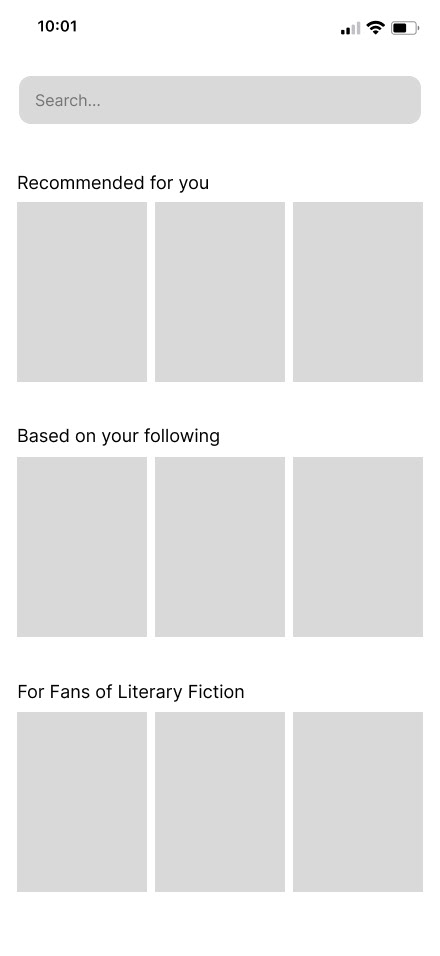
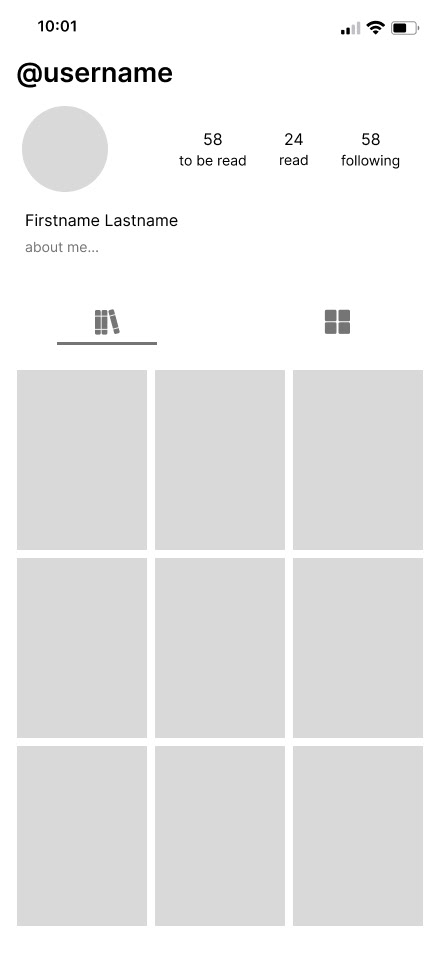
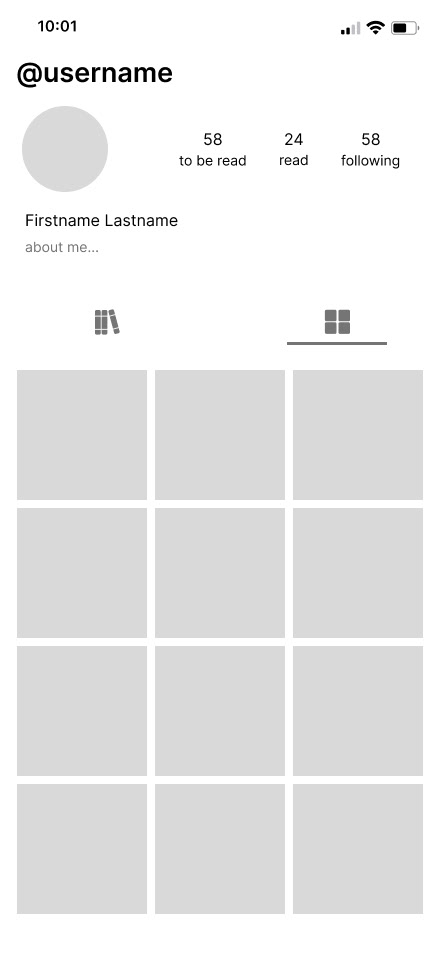
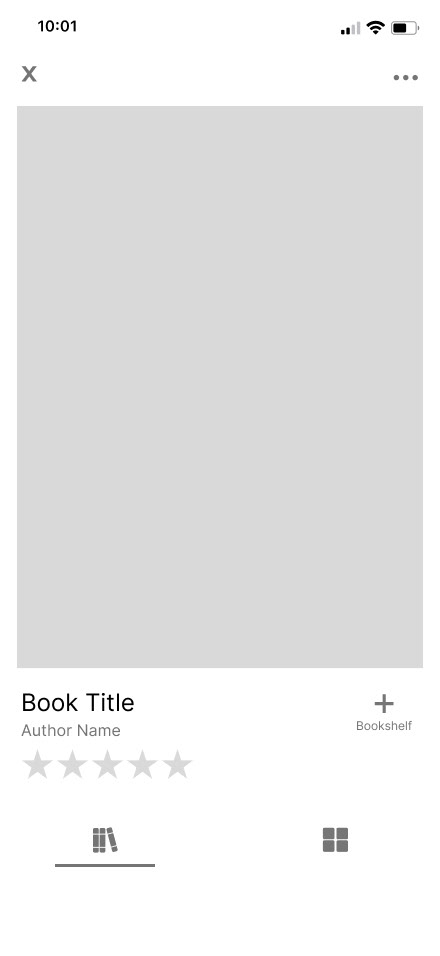
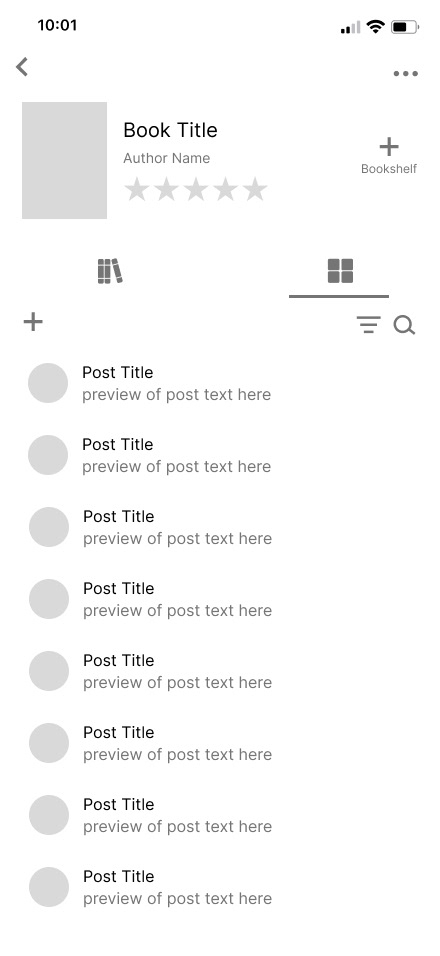
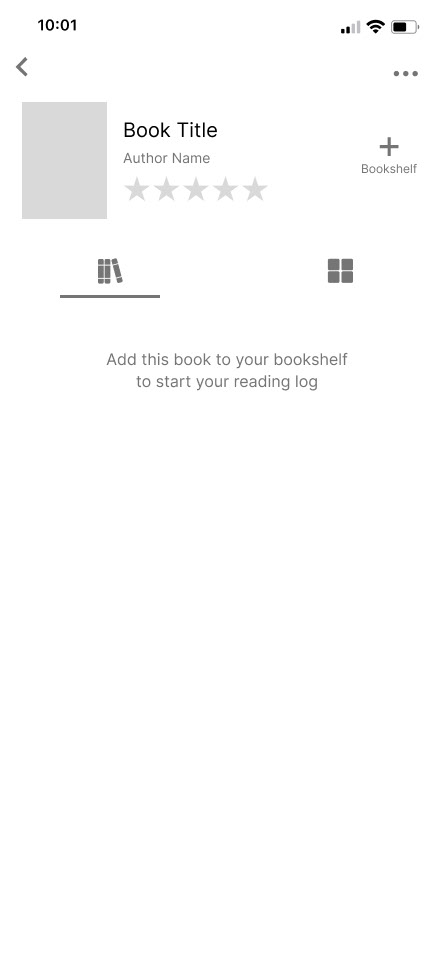
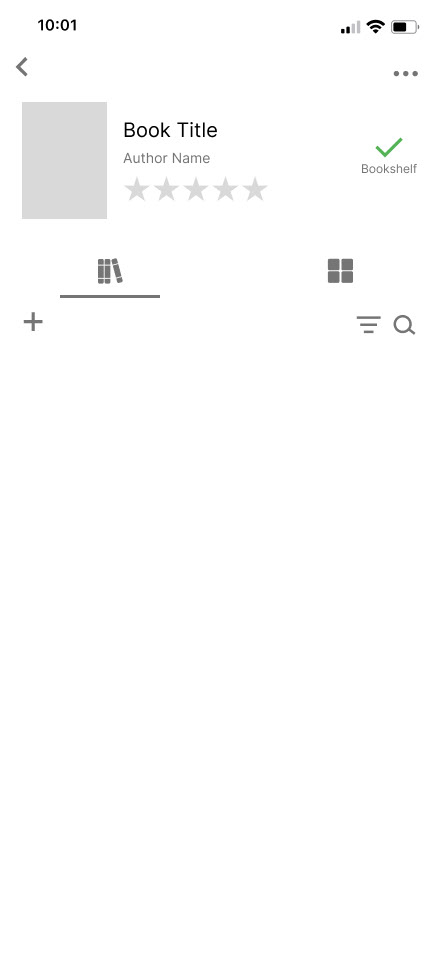
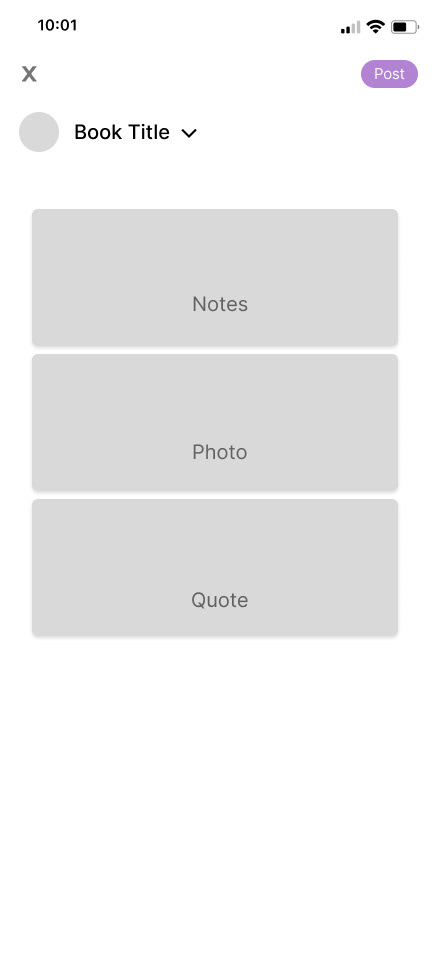
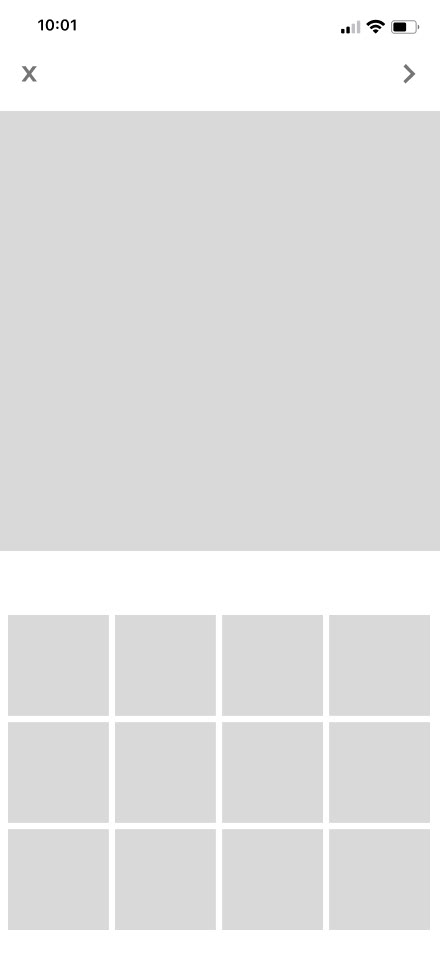
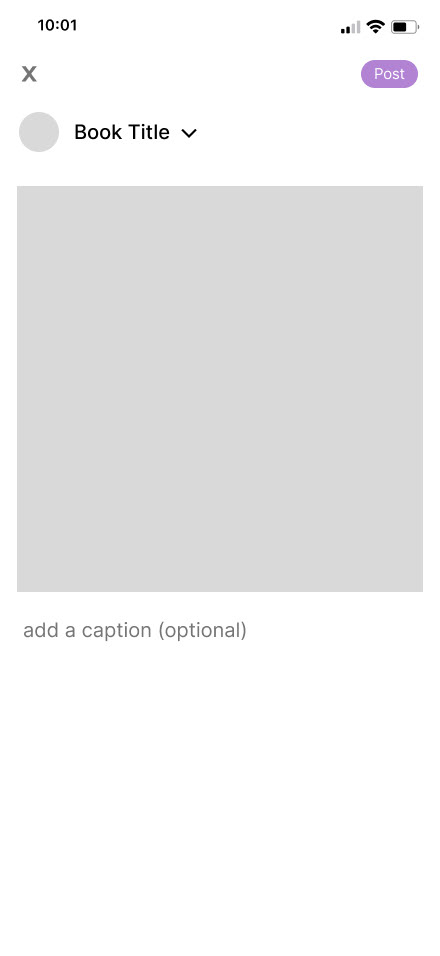
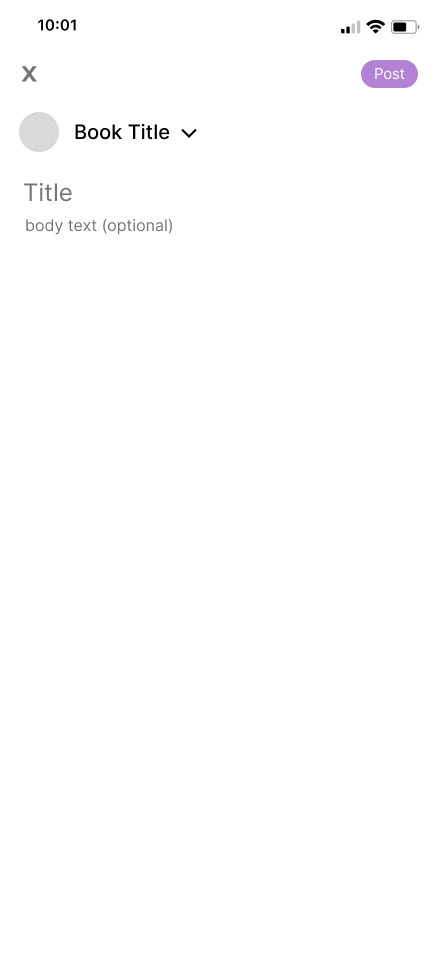
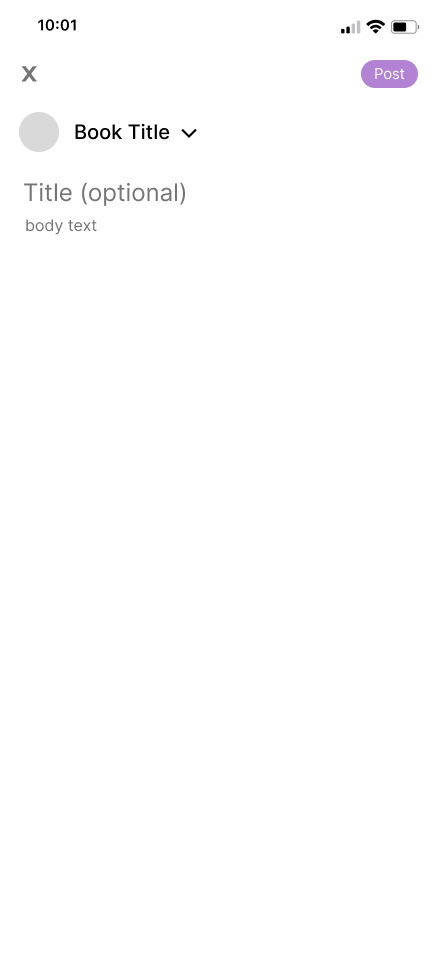
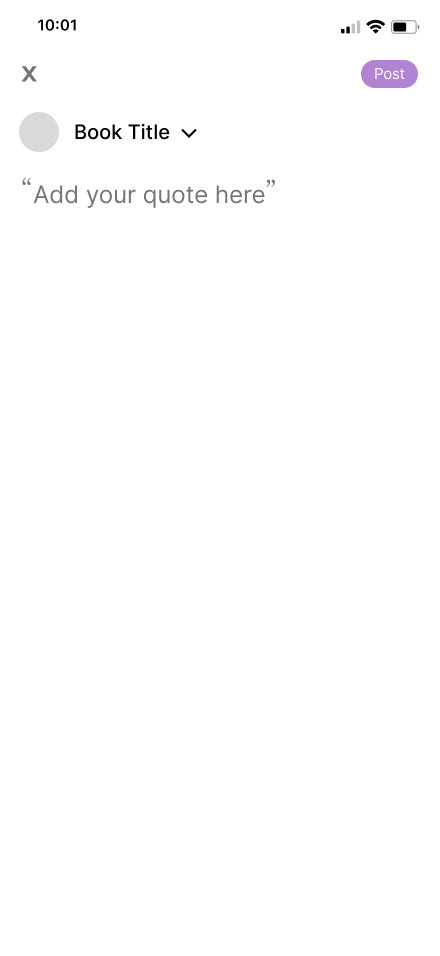
Feedback:
After developing mid-fidelity wireframes, I received design feedback with a few suggestions including:
Adding book information on the main book page landing
Developing an upvote/like system on community discussion threads
Outcome:
Epilogue’s final design incorporates:
- Dynamic reading logs: users can create posts with notes, quotes, and images to document their reading
- Discussion threads: a space for readers to discuss within specific texts, fostering community engagement
- Personalized feeds: users can explore books from their favorite genres and follow fellow readers
These features work together to create a platform that is both personal and communal, addressing the gaps identified in existing apps
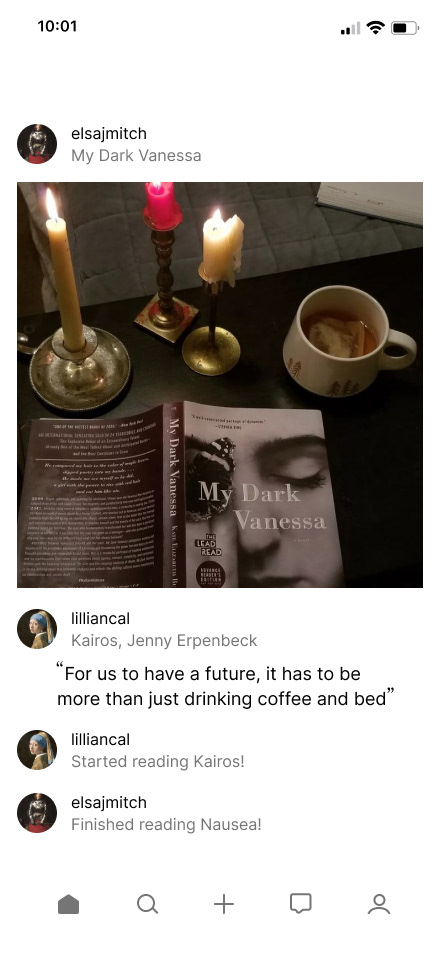
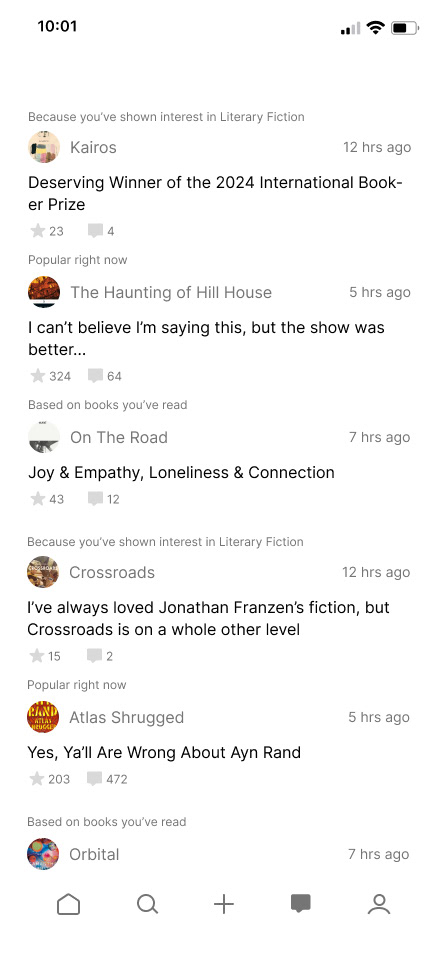
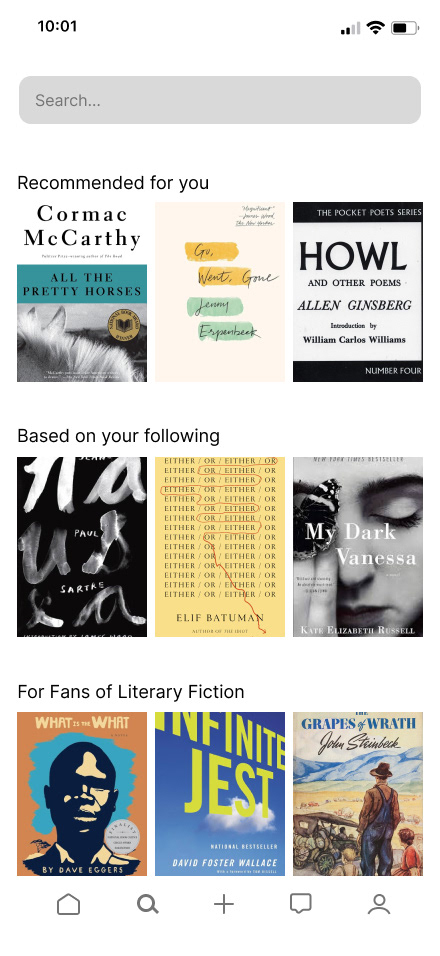
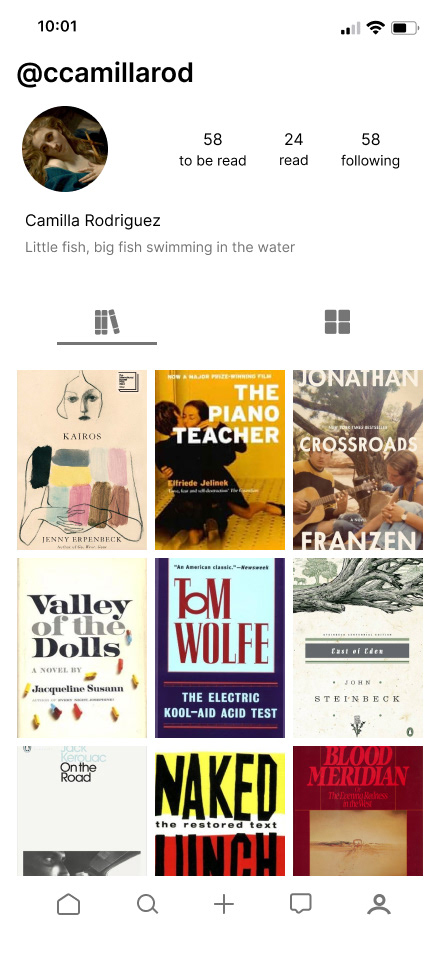
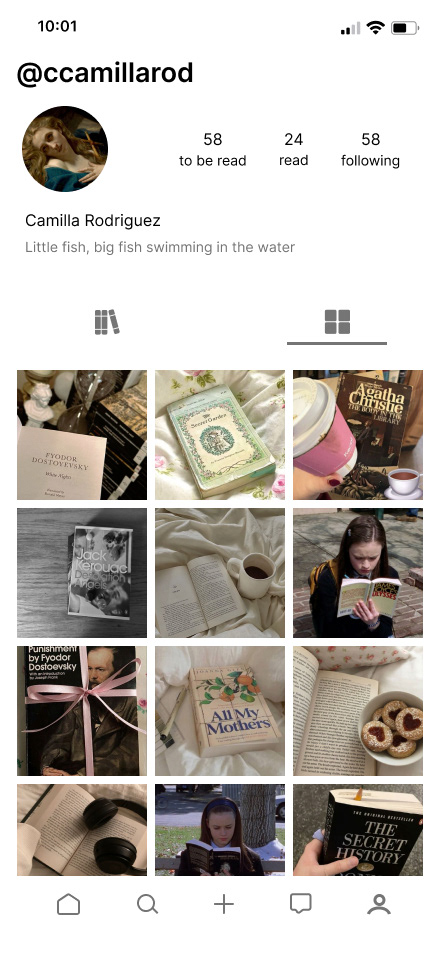
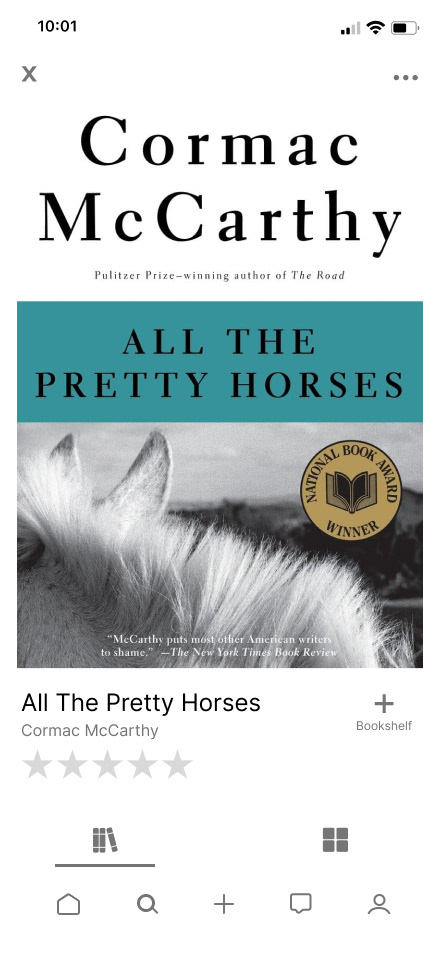
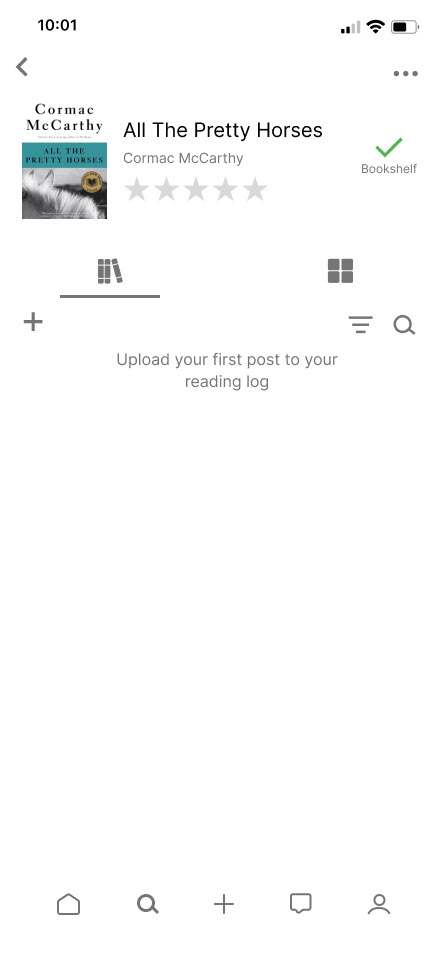
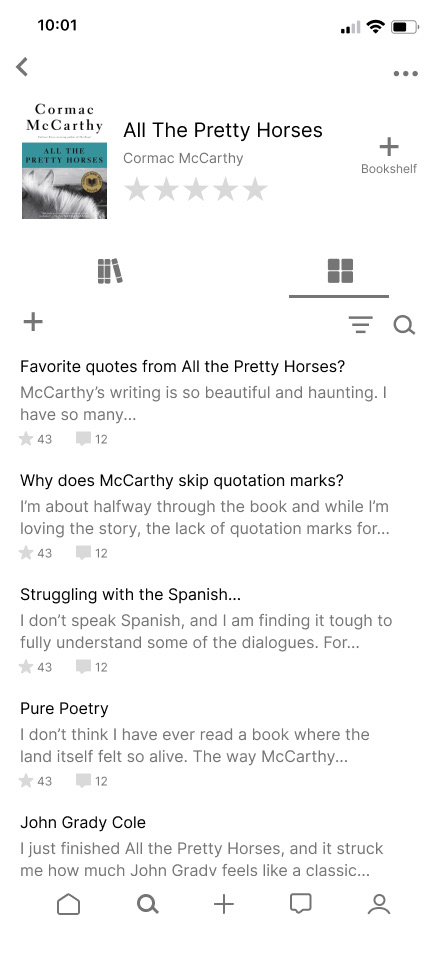
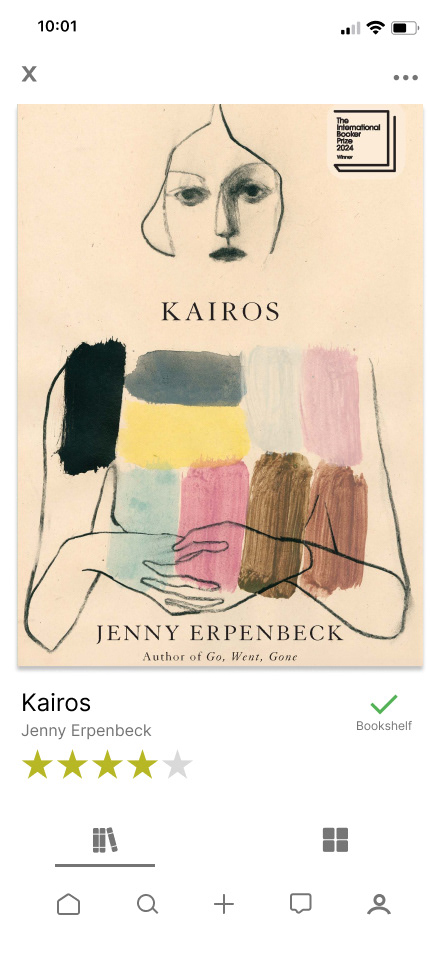
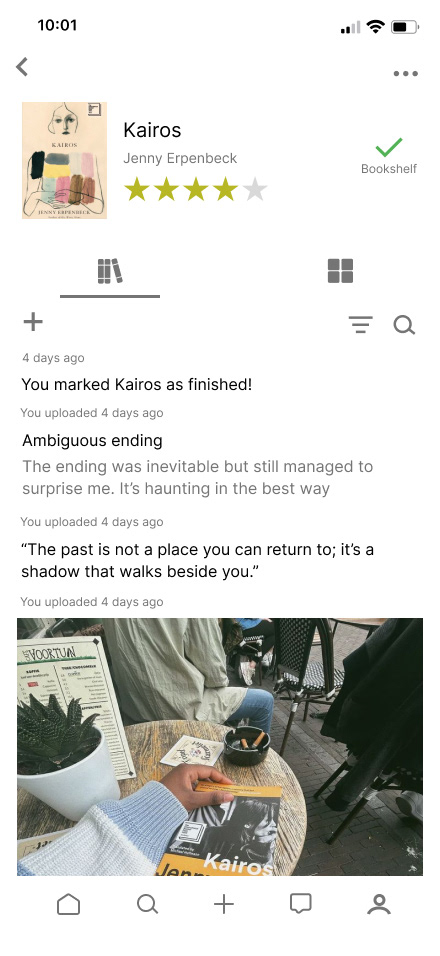
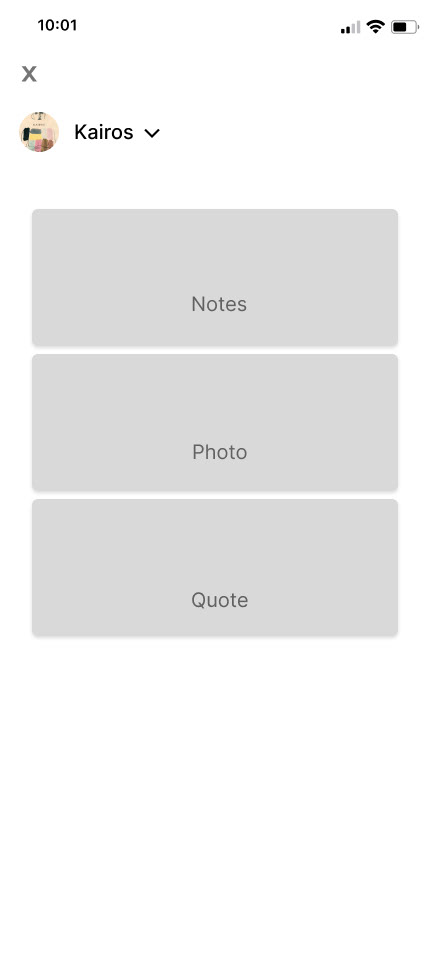
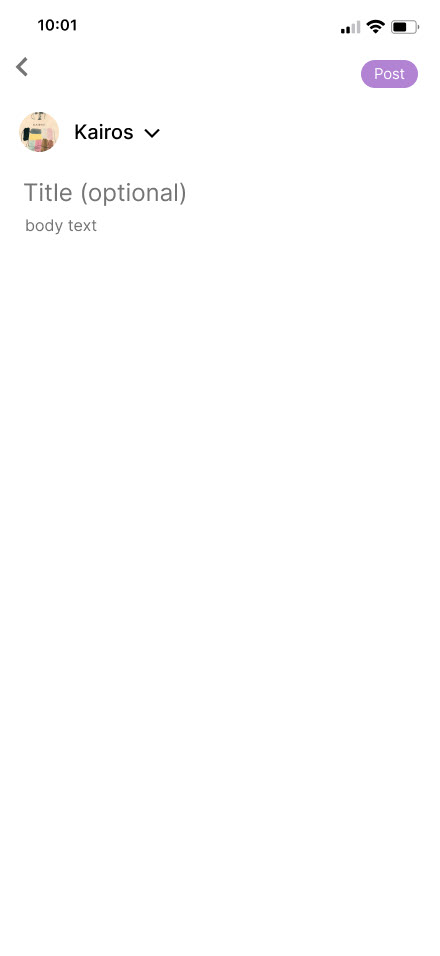

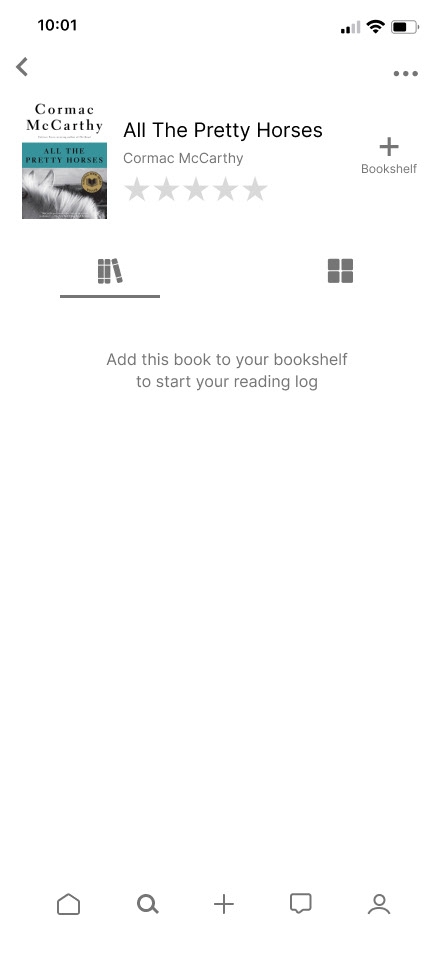
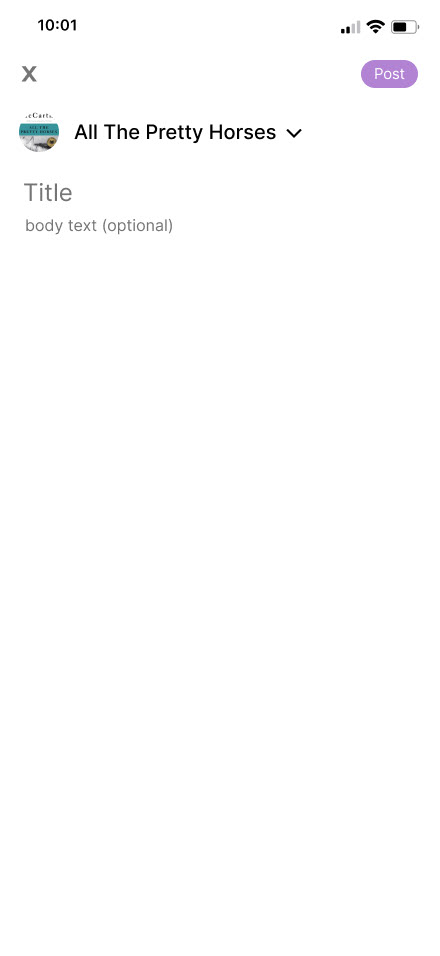
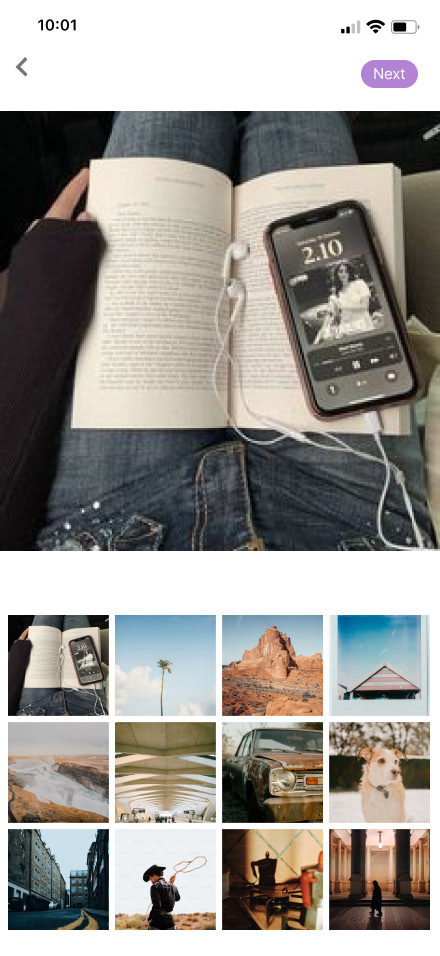
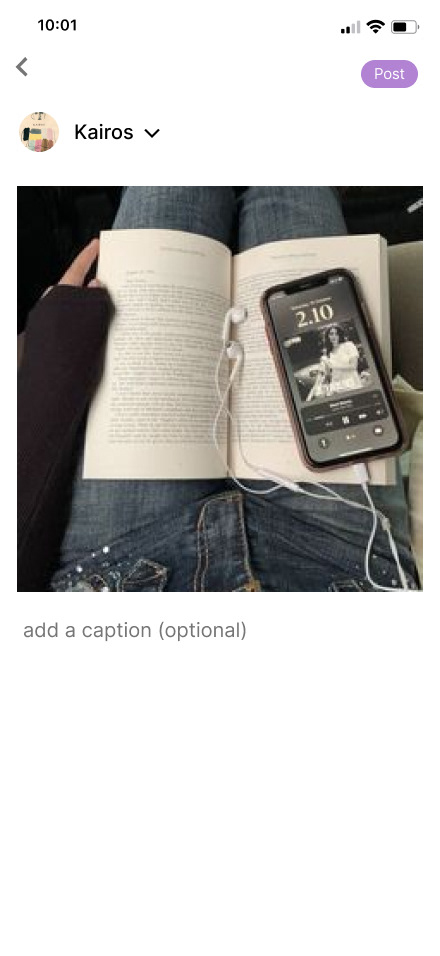
Through this project, I learned the importance of balancing personal expression with community-driven features in app design. The feedback from users highlighted the value of intuitive interfaces and the need to reduce friction in user engagement. The project reinforced my skills in research, prototyping, and iterative design while providing insight into the unique needs of literary audiences.
Next Steps:
To further develop Epilogue, I would like to:
- Conduct larger-scale usability testing to refine existing features
- Explore additional integrations such as direct links to purchase books
- Develop gamification elements, such as badges, for participation in discussions or logging milestones, to increase user engagement
Epilogue embodies the intersection of literature and community, offering readers a unique online space to share and connect over their love of literature. With continued refinement, it has the potential to become a go-to platform for literature enthusiasts all over.
